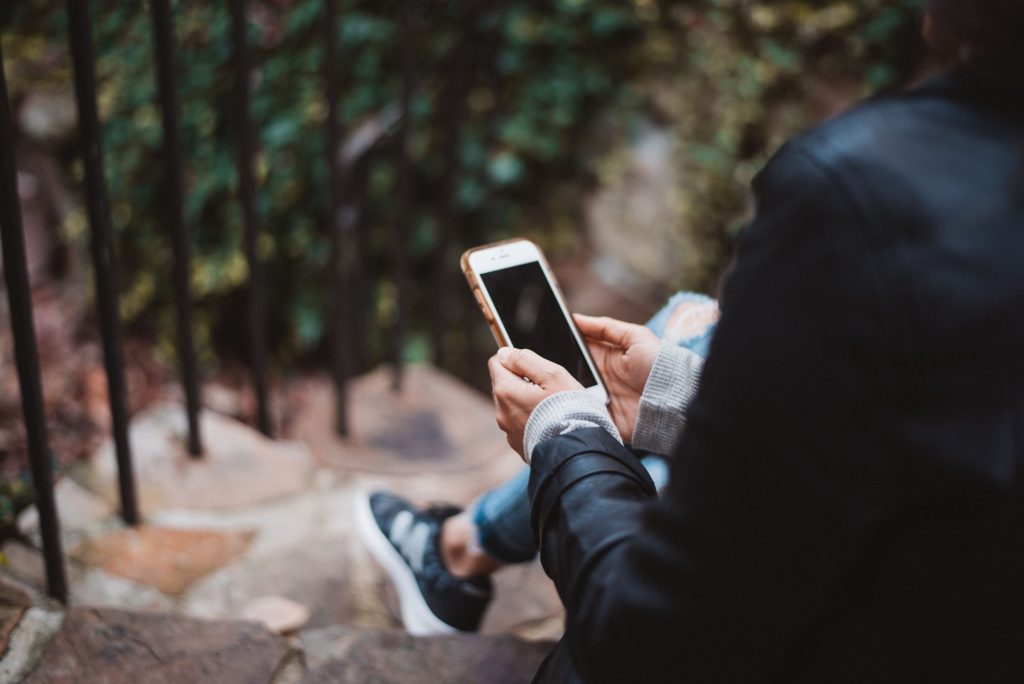
15 Jul How Mindfulness Can Help Us Beat the Attention Economy
In 2007, history was made. Steve Jobs unveiled the very first iPhone, complete with touchscreen and internet capabilities. And at the same time, a new commodity became more important than ever. And no, we’re not talking about cryptocurrency. The smartphone revolution accelerated a phenomenon that is known today as the attention economy.
What is the attention economy?
The attention economy is an approach to marketing and advertising that acknowledges how we must compete for a consumer’s attention to encourage them to buy or an engage with a product. It is not new, only accelerated as our technical prowess and the digital distractions around us have increased. In fact, in Designing Organisations for an Information Rich World in 1969, political scientist Herbert A. Simon summarised the link between an overload of information and our attention spans as:
“…in an information-rich world, the wealth of information means a dearth of something else: a scarcity of whatever it is that information consumes. What information consumes is rather obvious: it consumes the attention of its recipients.”
Smartphone or Slot Machine?
As multiple digital distractions in the form of social notifications, emails, texts and app alerts chip away at our attention spans, the brains driving Silicon Valley must think of new ways to keep us hooked. This is because despite our belief that multitasking is both positive and possible, humans can only efficiently focus on one task at a time. This is also confirmed by Simon who states, “Human beings, like contemporary computers, are essentially serial devices. They can attend to only one thing at a time.”
In the race to win our attention, tech companies design new tricks to encourage us to develop habits and crave ‘variable rewards’. One example is the act of swiping down to refresh social feeds to reveal new messages and posts – much like a slot machine. Another is the act of receiving likes and feeling positive about yourself or socially accepted. Or, not receiving them and constantly craving this ‘good’ feeling.
Beating the Attention Economy with Mindfulness
There has been recent talk of a smartphone dystopia forming among some previous employees of Silicon Valley. This includes those who helped engineer the very features that we find so addictive. For example, former Google employee Tristan Harris is famously quoted saying, “All of our minds can be hijacked. Our choices are not as free as we think they are”. He now advocates change in tech companies to protect minds from “nefarious manipulation”.
Crucially, he highlights how we view technology from one-side: “When using technology, we often focus optimistically on all the things it does for us”. He reminds us that when we check our devices it is rarely an act of consciousness. So, what’s the answer as a consumer? We will ultimately continue buying smartphones, engage socially and professionally online and download as many apps as our storage allows for. Perhaps, the question then becomes how do we lessen the chances of our minds being hijacked? We can choose to use mindfulness to make more conscious decisions around tech time. We can actively try to understand when the addictive tendencies of our always-on culture are having a detrimental effect on our health and happiness. An engagement with mindfulness takes us from passive, ever-scrolling smartphone zombies to knowing when we need to switch off.
Mindful.org summarises mindfulness as “the basic human ability to be fully present, aware of where we are and what we’re doing, and not overly reactive or overwhelmed by what’s going on around us.” So, the next time you reach for your phone, ask yourself if you are making a conscious decision or taking a turn on the slot machine. After spending time scrolling on your social feeds, reflect on how you feel – are you experiencing FOMO? Are you comparing yourself to others you see online? What does your breathing feel like? If the results are surprising, it might be time for a digital detox.




Sorry, the comment form is closed at this time.